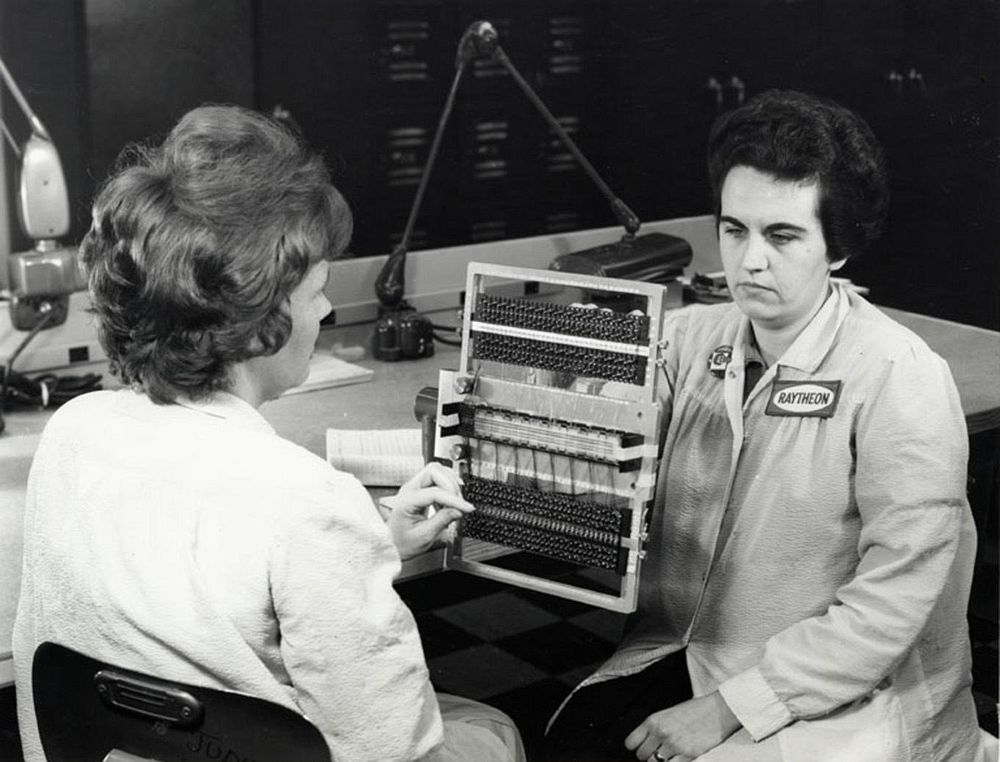Scott Galloway unleashes an appropriately vituperative take on Jeff Bezos’s bulbous, compensating-for-something “cocket”:
“Astronauts, my ass. Apollo 11 and Columbus travelled 240,000 and 3,000 miles to reach the moon and Caribbean, respectively. New Shepard 4 traveled 0.026% of the way to the moon. Put another way, on Tuesday we watched a man plant a flag three feet up from base camp at Mt. Everest and expect to be knighted. This weekend, I’ll be in Montauk. I plan to swim a half-mile from shore (I can do this) and declare I’ve discovered Spain.
“It’s his money, and he has the right to spend it on what he wants. But if Mr. Bezos was genuine about doing something more than crashing a canary yellow T-top Corvette into a Bosley for Men franchise, he could raise the minimum wage at his firm to $20/hour.”
(H/T: Max Bray) #







